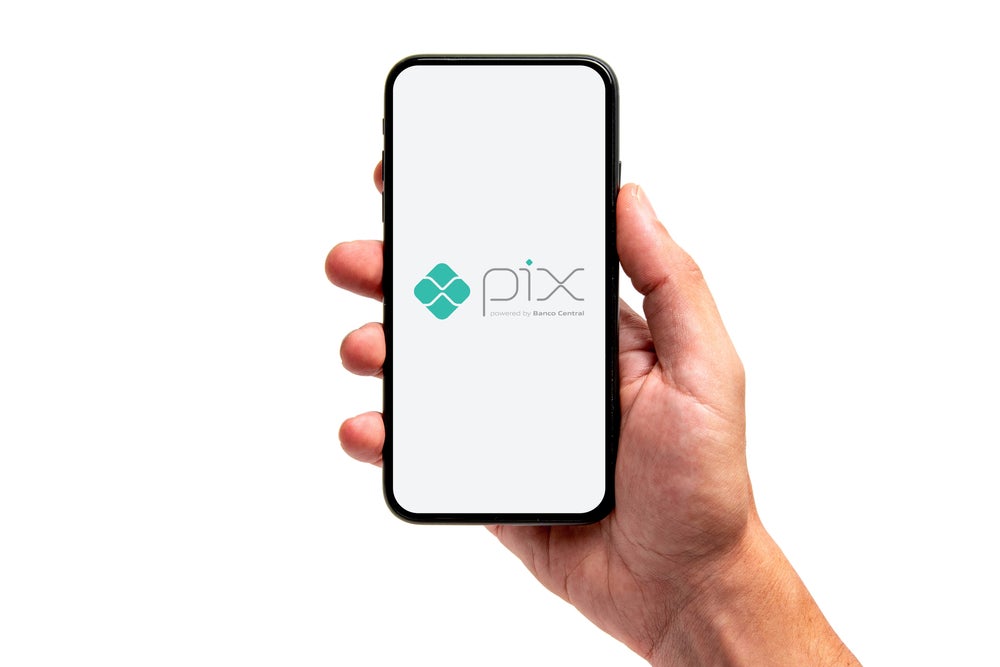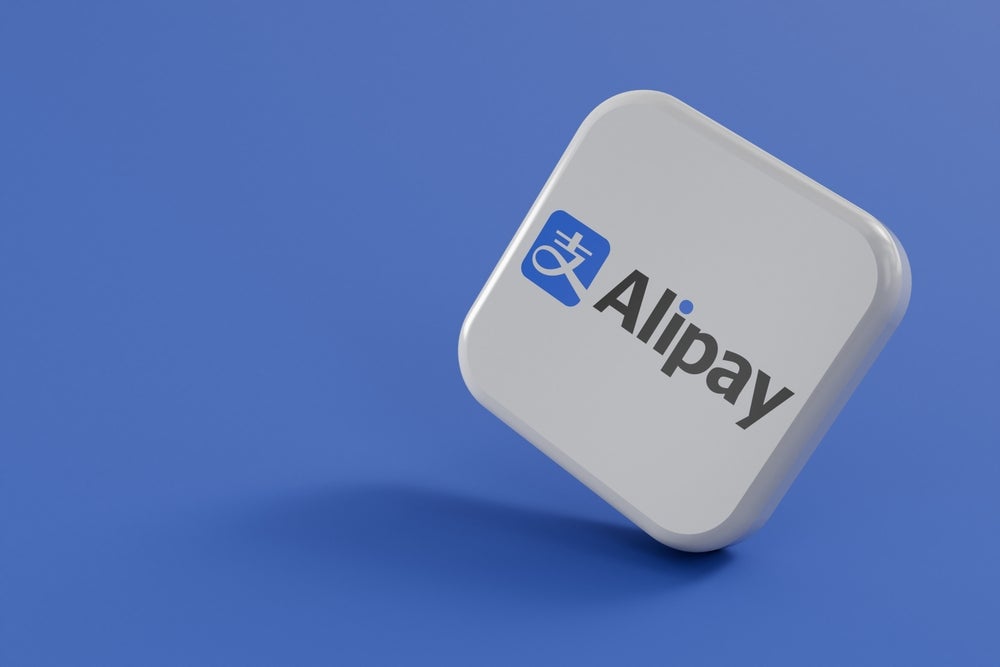
In October 2022, the European Commission proposed new legislation to make instant payment services available to everyone with a bank account within the EU.
Proposals will likely be approved before the end of 2023. So, banks and payments service providers (PSPs) should plan to offer instant payment services to their EU customers by Q4 2024.
But the proposals mark a stark change from the current service, in which SEPA credit transfer is settled in batches against set cut-off times. Many EU financial institutions aren’t ready; at least one in three PSPs (including banks) do not offer an instant payment service, according to the European Parliament.
The new service will be “consistently available (24 hours a day, 365 days a year),” the European Central Bank (ECB) states. It will also take “no more than ten seconds for the recipient’s payment service provider (PSP) to inform the payer’s PSP whether the money has been received and, in the case of a successful transaction, to make the funds available to the recipient.”
Instant payments: banks and PSPs must meet the following requirements
- All banks and PSPs that currently offer a standard credit service will also need to provide an instant payment service (not inclusive of EMI/PI activity)
- The instant payment service must not cost the end user more than a standard credit transfer
- The instant payment service should have a built-in confirmation of payee function
It could also change how sanction monitoring is performed, moving from a per-transaction basis to a daily reporting model.
To prepare for the changes, banks and PSPs must understand how instant payments will place new pressures on the following four functions: finance, operations, treasury and technology.
How well do you really know your competitors?
Access the most comprehensive Company Profiles on the market, powered by GlobalData. Save hours of research. Gain competitive edge.

Thank you!
Your download email will arrive shortly
Not ready to buy yet? Download a free sample
We are confident about the unique quality of our Company Profiles. However, we want you to make the most beneficial decision for your business, so we offer a free sample that you can download by submitting the below form
By GlobalDataFinance
Banks’ payment operational flows are currently built around existing technology setups to provide payment processing services with a low enough operational cost. This is so they can generate a margin per transaction processed.
Because instant PSPs must provide payments at the same or cheaper cost to the end user, they need to urgently review their operational flows and tech setups that underpin them. This ensures they operate efficiently enough to cope in the short term and stay competitive in the long term.
Operations
The requirement of 24/7 365 settlement represents a fundamental shift in how payments operations will need to work – both in a holistic sense and across the end-to-end operational flow.
Settlement operational activity, including pre- and post-settlement, and reconciliation processes with defined cut-off times probably won’t continue. This will impact internal and external reporting on top of the proposed change in sanction reporting, which could make workloads unmanageable for firms relying on manual processes.
Treasury operations
The requirement for 24/7 365 settlement will heavily impact treasury operations. Organisations will need to have cash available for the payment settlement at all times.
Firms will have to automate treasury operations and reporting to mitigate liquidity risks. Like the back-office operational department, a technological solution can reduce manual work.
Technology
Banks and PSPs should urgently review their current technology setups. They need to ask themselves: are my setups agile and resolute enough to cope with 24/7 365 instant payment settlement?
From a capacity point of view, downtime across various tech systems will likely result in a risk of failure within the operational flow, including settlement and reporting. Similarly, these systems must cope with periods of high demand, such as Black Friday.
From a data ingestion point of view, tech systems must be able to handle ISO 20022 data. This is on top of other data types required, for example, SWIFT messaging.
To overcome these challenges, Banks and PSPs should consider automating their processes. In the short term, a SaaS-capable solution able to ingest ISO 20022 data will put banks and PSPs in a better position to adapt to instant payments.
In the medium term, an API-enabled and data-agnostic tool will create an agile payment operational flow. This will enable the bank and PSP product team to offer new initiatives, such as a request to pay, open banking payments, and digital wallet/P2P payment offerings.
This, in turn, can provide the operational underpinning to assist banks in being competitive against non-bank payment providers.
The bottom line
By introducing an instant payment network, the EU joins other jurisdictions – like the US and Canada – in making an entirely new payment product available to end users. While still in the proposal phase, the plans follow the global trend of instant payments becoming the norm.
It’s crucial that banks and PSPs fully understand the effect instant payments will have on different functions across their business. The sooner that banks and PSPs review and improve their processes, the better prepared they’ll be.
Nicholas Botha is Global Payments Lead at AutoRek







